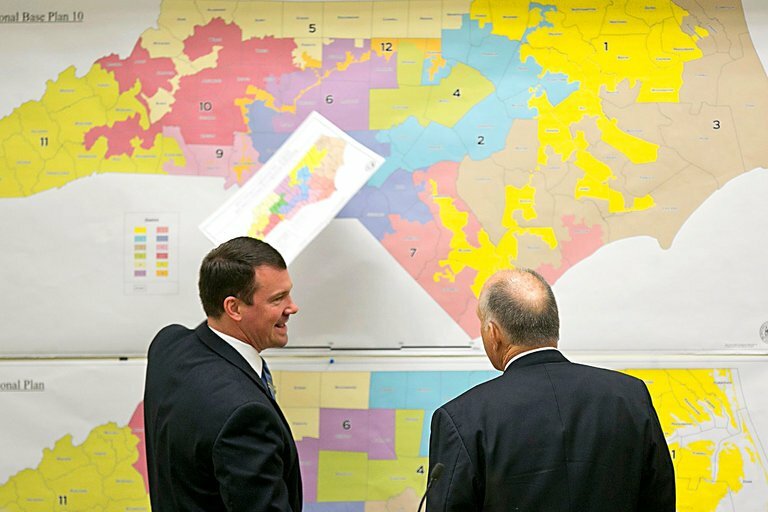Ohio congressman Jim Jordan explains for Wall Street Journal readers why he believes the scandal tied to special Internal Revenue Service scrutiny of conservative nonprofit groups deserves a special prosecutor.
The House Oversight Committee’s investigation of the IRS is at an inflection point. The president’s congressional supporters realize that the administration’s version of the agency’s targeting of conservative nonprofits seeking tax-exempt status—such as blaming local officials in the Cincinnati office or claiming that liberal groups were victimized along with conservative groups—is nonsense. Instead of debating the substance, they have resorted to procedural antics and misleading rhetoric.
I have spent a considerable amount of time and energy on the investigation—which included 38 daylong interviews of IRS and Treasury employees ranging from line employees in Cincinnati to the IRS commissioner to the chief of staff of the U.S. Treasury. The real news has been revealed at the Lois Lerner hearing on March 5 and in the report of the House Committee on Oversight and Government Reform on March 11: “Lois Lerner’s Involvement in the IRS Targeting of Tax-Exempt Organizations.”
The evidence brought to light in that hearing and report completely discredited Ms. Lerner’s claims about her involvement in what went on. It also eviscerated the notion that liberal and conservative groups were targeted. …
… Ms. Lerner was most certainly driven by politics. One email of June 11, 2011, shows that she directed her subordinate to focus on the issues surrounding the application of Karl Rove’s group, Crossroads GPS. In another email of Feb. 1, 2011, she frets about the Supreme Court “overturning the ban on corporate spending” as it applies to nonprofits. (Citizens United v. Federal Election Commission also overturned the ban on union political spending, but she expressed no concern about that.)
Emails and testimony that we confronted Ms. Lerner with showed her saying that the tea party is “very dangerous,” ordering a “multitiered review” (read: delay) of the cases, and managing the optics of her operation so it would not be revealed as a political project. …
… When Congress is thwarted in our attempts to get answers—as is clearly the case given Ms. Lerner’s willingness to speak with the Justice Department but not to the public’s elected representatives—we have an obligation to hold accountable those hiding the facts. Contempt of Congress is a power the House of Representatives exercised toward only five individuals in the last 30 years. The relevant statute states that any person who “willfully makes default, or who, having appeared, refuses to answer any question pertinent to the question under inquiry” may be held in contempt. Ms. Lerner’s actions easily rise to a level worthy of contempt and Congress’s institutional integrity demands nothing less.
Additionally, it is necessary to appoint a special prosecutor. Mr. Holder called the IRS matter “outrageous and unacceptable” and ordered a Justice Department investigation to be conducted in coordination with the Federal Bureau of Investigation. No one can have confidence in this investigation, started by a politically appointed attorney general and led by a campaign contributor to his boss.
A special prosecutor, uncompromised by partisan political winds, provides hope of uncovering what happened at the IRS.


